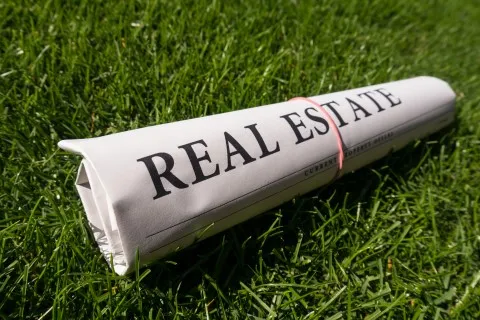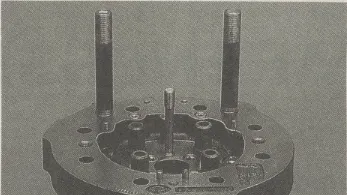
Negative equity looms as property market weakens
The value of small flats have crashed by as much as 20%.
Hong Kong homeowners are at growing risk of falling into negative equity with occupants of small flats located in older buildings amongst the first to feel the pain as they witness up to a fifth of their property value wiped out, reports South China Morning Post.
Also read: Is Hong Kong's heated property market finally heading for a crash?
Residents who have bought such flats in the last few months have seen their value decline by as much as 20%, data from HSBC show, amidst a less than accommodative environment characterised by tightening monetary policy and a rattled equities market.
Negative equity, which happens when a home loan exceeds the market value of the property, peaked in 2003 after the Sars outbreak. There were zero cases of negative homeowner equity in 2017 for the first time in records going as far back as 2001, data from Bloomberg show.
“Theoretically, buyers who obtained a mortgage of 90 per cent of the flat’s value will fall into negative equity once home prices have dropped more than 10 per cent,” Sharmaine Lau, the chief vice-president at mReferral Mortgage Brokerage Services told SCMP.
Also read: Hong Kong faces world's greatest housing bubble risk: UBS
Homeowners of flats that have less marketability are at greatest risk of coming under water as lower valuations are poised hit smaller apartments in decaying estates earlier, analysts said.
“More homeowners will fall into negative equity next year as flat prices may decline by 10 per cent,” said Louis Chan, Asia-Pacific vice-chairman and chief executive for residential sales at Centaline Property.
The runaway growth of home prices in Hong Kong are expected to grind to a halt in the coming months with Nomura International forecasting a price decline that could easily wie put all of this year's property gains which are at 14% so far.
“Remember what happened in late 2015 -- prices dropped about 13 percent in only six months, and the trigger was the Fed’s rate hike,” Joyce Kwock, head of Hong Kong property research at Nomura International (HK) Ltd. told Bloomberg. “The entirely same situation may repeat again.”
Gaw Capital echoed the sentiment as its president, Kenneth Gaw, entertains the possibility of a housing correction by as much as 15% unravelling in 2019.








![Cross Domain [Manu + SBR + ABF + ABR + FMCG + HBR + ]](https://cmg-qa.s3.ap-southeast-1.amazonaws.com/s3fs-public/styles/exclusive_featured_article/public/2025-01/earth-3537401_1920_4.jpg.webp?itok=WaRpTJwE)









 Advertise
Advertise


